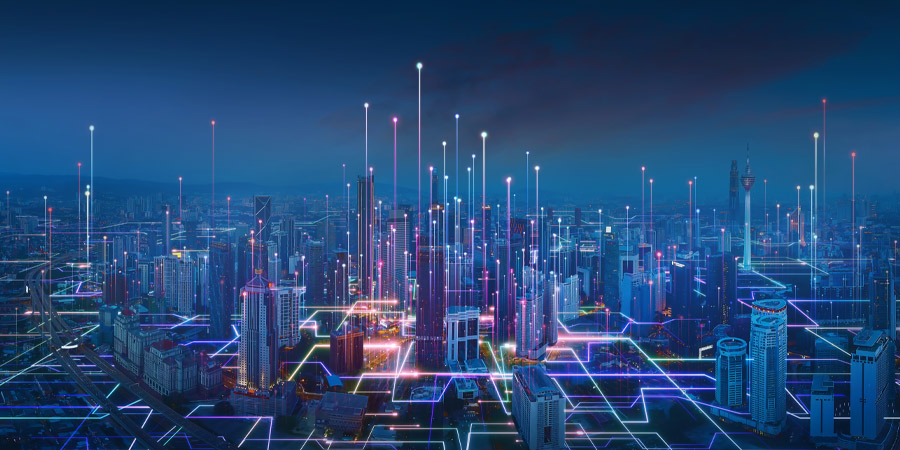Improved internet connectivity in the Philippines has led to a 1.38% increase in Gross Domestic Product (GDP), potentially boosting e-commerce activity.
During the 18th National Economic and Development Authority (NEDA) Board Meeting, the President approved the USD 288-million Philippine Digital Infrastructure Project (PDIP), which intends to enhance broadband connectivity nationwide, especially in remote areas, and strengthen cybersecurity.
Also Read: Data Privacy and Security Concerns in the Philippines Telecom Sector
In a press briefing, DICT Undersecretary, Jeffrey Ian Dy, emphasized the significance of internet connectivity in today's world, particularly noting its role in facilitating the movement and trade of goods.
Dy mentioned that improved access to e-commerce and internet services will benefit local players such as drivers, farmers, and sari-sari store owners, allowing them to expand their market reach—similar to ride-hailing app, Grab, in Metro Manila.
Telecom Review Asia Analysis: Advancing Digital Inclusion Efforts and ICT Development in the Philippines
According to Dy, the economic Internal Rate of Return (IRR) of the PDIP is estimated to be between 26% to 36%, indicating that the government will be able to repay the loan and achieve local economic growth of around PHP 4.7 billion.
The PDIP represents the largest loan for digital infrastructure in the Philippines and aims to complete the national fiber backbone, with plans to finish phases two and three connecting Metro Manila to Southern Luzon by the end of the year.
Dy expressed confidence that the entire national fiber backbone project will be completed by 2028, fulfilling a long-standing national vision.
Related: Philippines Inaugurates Phase 1 of National Fiber Backbone Project





